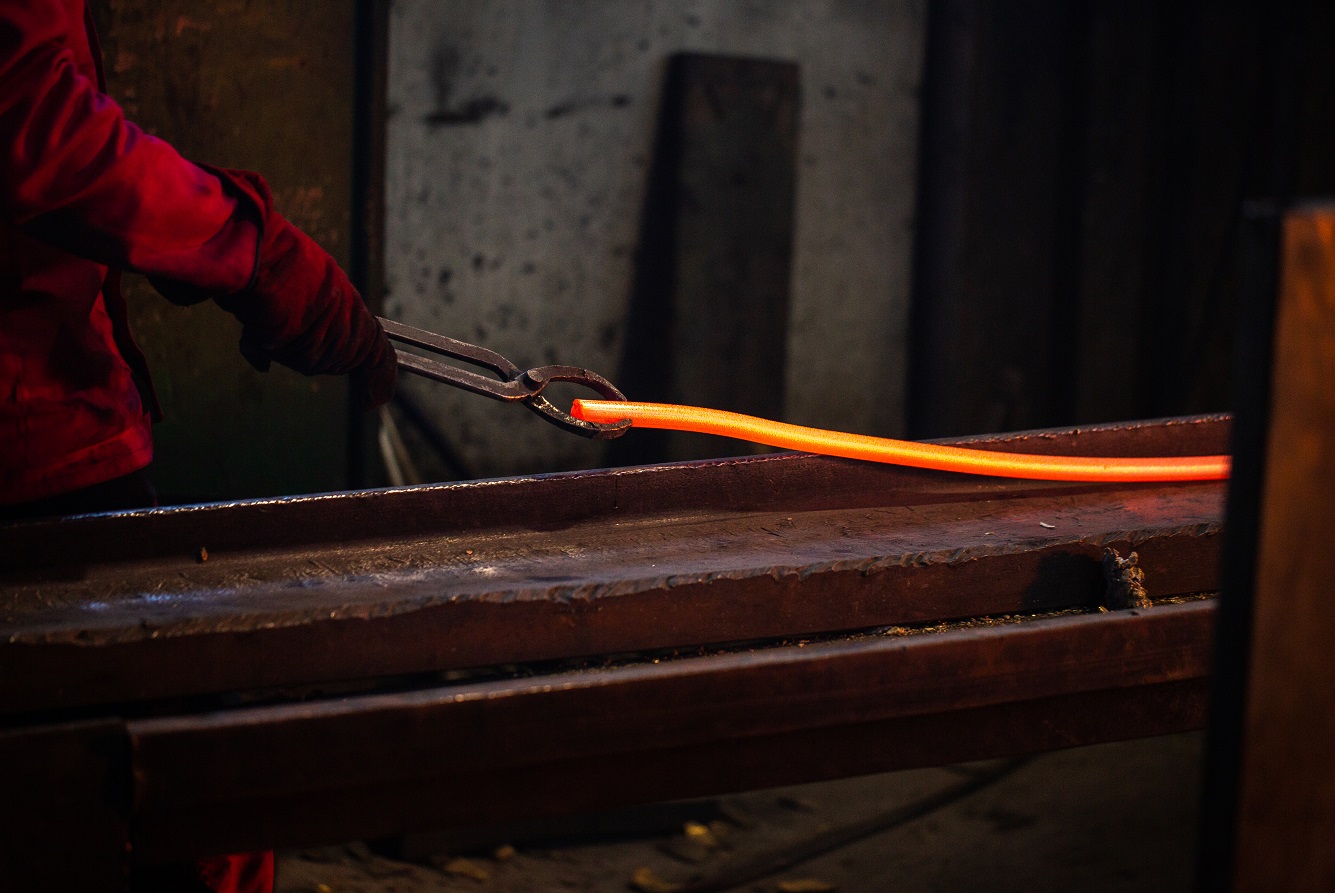

Steel bending in Albuquerque is a fundamental process that transforms sheet metal into three-dimensional, meaningful shapes. It takes only seconds for a sheet to be turned into a shape. While it seems straightforward that the sheet metal is fed into the machine and comes out transformed, the science behind it involves a concept known as bending stiffness.
In this blog, you will learn about the science behind metal bending stiffness and its crucial role in shaping the world.
Choose only New Mexico Metals LLC for your steel bending needs in Albuquerque.
Bending stiffness refers to a metal’s resistance against bending when an external force is applied. In the context of sheet metal bending, it measures how much a metal resists bending deformation. Bending stiffness is directly related to the material’s mechanical properties, geometry, and the process used for bending.
Here are certain vital factors that influence the metal bending stiffness.
The type of metal being used plays a significant role in its bending. It is clearly understandable that the harder the metal, the stiffer it is and the harder to bend, while softer metals tend to bend easily. Different metals exhibit varying degrees of stiffness due to their inherent material properties. For example, aluminum tends to be more lightweight and flexible, while steel is known for its rigidity. Iron is even more rigid. So, metal properties affect bending crucially.
Thicker metal sheets are harder to bend, while lighter and thinner sheets pose less resistance. Thicker sheets have an increased cross-sectional area which causes more resistance during deformation.
Bend radius refers to the extent to which the metal is bent. The more the metal is bent, the more it stretches and might affect the quality of the metal. It affects the bending stiffness. Smaller bend radii require more force to achieve the desired bend, resulting in higher bending stiffness. The smallest bend radii should equal the sheet metal thickness. For example, if the sheet metal is 10mm, the bend radii should be at least 10mm to maintain the quality of the sheet metal.
The bent angle is the angle at which the metal is bent; for example, the sheet metal is bent at 90 degrees on both sides for an open rectangular shape. The angle at which the sheet metal is bent also affects the bending stiffness. The larger the bend angle, the more force it requires.
The metal’s grain structure also affects the material’s ability to deform under stress. For materials like aluminum and steel, the orientation of the grain structure can influence bending stiffness.
Here is why bending stiffness is considered very important in metal bending and how important it is across multiple industries.
The science behind bending stiffness aids manufacturers in optimizing the bending process daily. By understanding and adjusting the parameters such as radius and angle, desired shapes can be achieved without wasting resources.
If you look at the industries such as aerospace and automotive engineering, you will find that metal bending stiffness plays a significant role. Bending stiffness contributes to the structural integrity of components. Designing with the right bending stiffness ensures that components can withstand external loads and stresses.
Bending stiffness is important in architectural applications as using the right metals and bending them influences the aesthetics of the buildings. It allows for creation of visually appealing and complex shapes that enhance the overall appearance of structures.
In consumer products, bending stiffness impacts how products perform and interact with users. From electronic devices to furniture, the right level of stiffness ensures longevity and proper functionality.
The blog has summed up metal bending stiffness, the key factors influencing it, and why it is crucial. Whether you are a DIY enthusiast or someone working on a project that requires metal bending services, you must choose an expert for the same who knows the science behind metal bending stiffness.
Walk into the New Mexico Metals LLC office for any metal-related needs. We supply metals and metal parts and offer metal cutting, drilling, notching, punching, and shearing services in Albuquerque. Our experienced staff will take care of your every need.
Contact us today for more details.